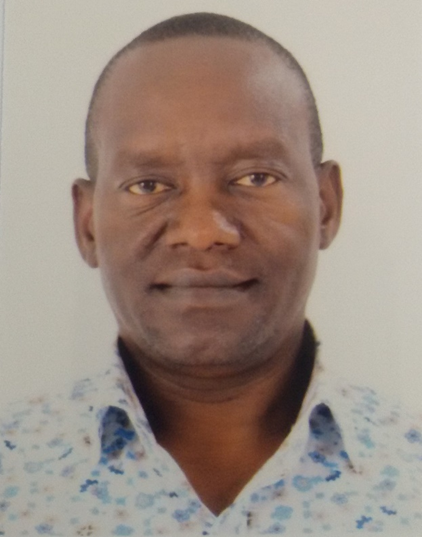By Prof. Aggrey Ambali
At the beginning of 2025, Africa’s leaders signaled a powerful intent to rewrite the continent’s agricultural history. Meeting at the African Union Extraordinary Summit in Kampala, Uganda, they adopted a landmark commitment to place technology, innovation, and sustainability at the center of Africa’s agricultural transformation.
The Kampala Declaration stands out because it does not merely restate long-held ambitions. It boldly elevates agricultural technologies including biotechnology, as essential enablers of resilient, productive, and inclusive food systems. It recognises that Africa’s vast potential, with 60 per cent of the world’s uncultivated arable land, will remain untapped unless we deploy proven, science-driven solutions to increase productivity, manage climate shocks, and strengthen food and nutrition security.
The challenge before us is not a lack of vision but a deficit in execution. For too long, Africa has struggled with stubborn food insecurity, low agricultural productivity, and heavy dependence on food imports, draining over $35 billion annually from economies that can ill afford it. The Kampala Declaration offers a timely reset — but only if we match words with deliberate, coordinated action.
Turning commitments into reality means African governments and partners must urgently move from pledges to measurable progress. The Declaration’s targets —including mobilizing at least $100 billion in public and private investment by 2035; dedicating no less than 10 percent of national budgets to agriculture each year; and reinvesting 15 percent of agrifood GDP back into the sector, are bold but achievable.
We must also face uncomfortable truths. Traditional donor funding is no longer guaranteed. Priorities shift, and short-term grants- rarely match the long-term needs of a sector that must feed over 1.4 billion people sustainably. To close the gap, African countries must explore innovative domestic financing and unlock blended finance, public-private partnerships, and climate finance opportunities. If we fail to act, the cost will be steep: continued food imports will burden fragile economies, climate shocks will deepen hunger and poverty, and Africa’s youth — who make up more than 60 per cent of our population — will continue to look elsewhere for opportunities.
Yet, if we act decisively, the rewards will be transformative. Africa’s young people can become agri-preneurs, scientists, and innovators driving homegrown solutions. The Kampala Declaration wisely highlights the need for deliberate youth inclusion.
In the end, the Kampala CAADP Declaration must be more than a promise. It must become the rallying point for Africa’s food systems transformation — underpinned by technology, enabled by supportive policies, financed sustainably, and powered by its people.
The stakes are too high for half measures. We have a real chance to ensure that agriculture becomes not a symbol of struggle but a source of prosperity, dignity, and pride for all Africans. The time for cautious ambition is over; the time for bold, collective action is now. Africa can feed itself – and help feed the world. Let us act with urgency and unity to deliver the transformation this continent deserves.
The writer is the Chair, Board of Trustees, AATF






















































































